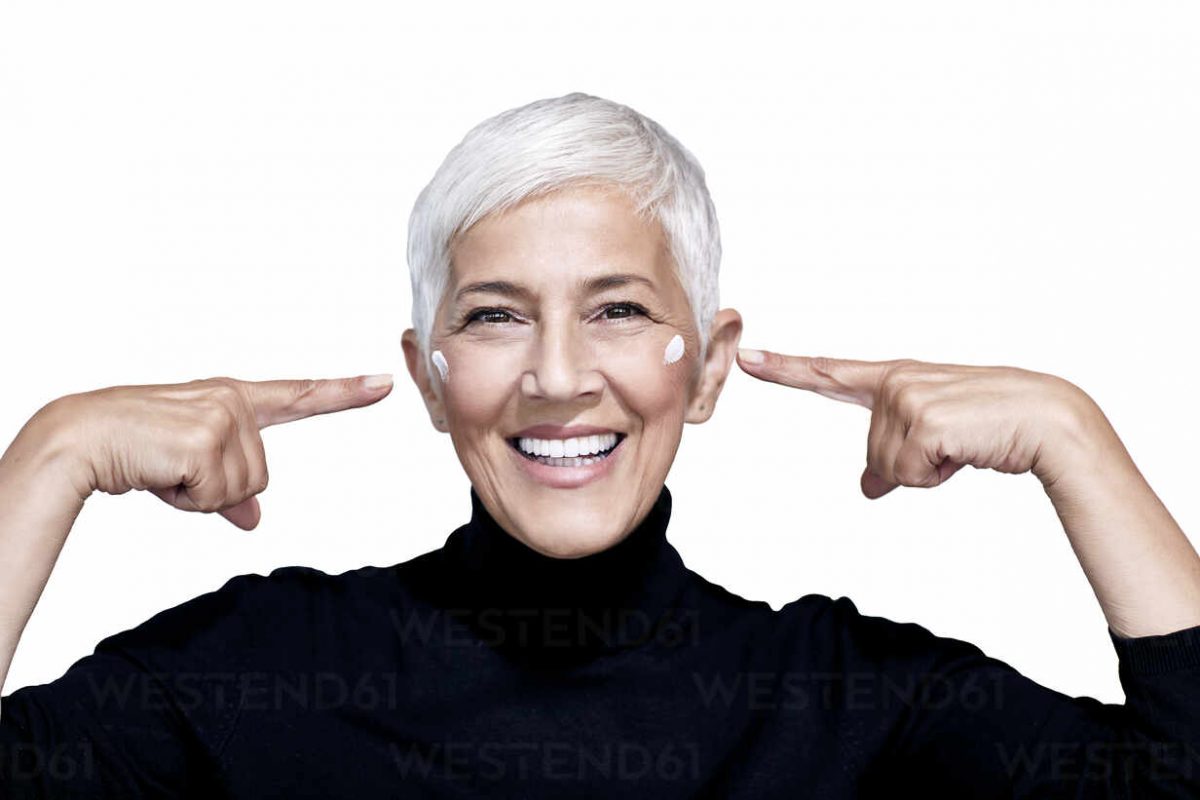While some skincare ingredients are best used in combination with others, some are powerful enough to benefit the skin on their own. Retinol and vitamin C fall into both categories.
Retinol as a single treatment is extremely effective in stimulating collagen production, treating acne, tightening skin, smoothing skin texture, and leveling skin pigment. Vitamin C alone can brighten the skin, protect it from pollutants and sun damage, treat hyperpigmentation, and reduce inflammation and redness of the skin.
Used separately, these two ingredients can target specific skin conditions, but when used together, retinol and vitamin C create the best skin-beautifying duo for any skin type. Before disclosing the benefits of using this powerful skincare combination in unison, it helps to understand why and how these two ingredients work so well individually.
HOW DOES RETINOL WORK?
Retinol, a form of vitamin A, assists the body in cell renewal, which is the biological process by which our bodies are forced to shed skin cells and regenerate new skin cells. It is the process responsible for removing our old, dead, and dull skin cells and replacing them with new, strong, and radiant cells.
Our superficial skin cells have been through a lot. Every day, they are faced with pollution, dirt, debris and grime… all factors that leave our skin cells dry, flaky, discolored and anything but desirable. Studies have shown that air pollutants are actually linked to a number of skin conditions, including eczema, aging skin, dermatitis, acne, and psoriasis.
By getting rid of these damaged skin cells and telling our body to produce new skin cells, the cell renewal process (powered by retinol) can heal and revitalize our skin for youthful, healthy, non-aging skin.
HOW DOES VITAMIN C WORK?
Vitamin C, also known as L-ascorbic acid on a chemical level, is an antioxidant. This means that its function is to neutralize free radicals, unstable molecules that damage not only our skin cells but all of our cells. Free radicals are known to cause cancer, diabetes, eye disease, and other life-threatening conditions. Unstable by nature, free radicals are missing an electron, and all electrons must pair up for them to work properly. This unpaired electron causes the unstable molecule to attack a stable molecule and steal an electron, making the stable molecule unstable. Therefore, this electron-stealing behavior creates a chain reaction of unstable molecules that carry stable ones with them.
It is important for us to neutralize these free radicals as quickly as possible, before they cause a massive chain reaction of damaging cells. That’s where antioxidants (and more specifically, vitamin C) come into the picture. Vitamin C counteracts free radicals by supplying them with the missing electron, which successfully neutralizes these harmful molecules.
Vitamin C is the main brightening ingredient in skin care. This means it has the ability to lighten hyperpigmentation, lighten dull skin, reduce dark spots, and fill in fine lines and wrinkles, all of which contribute to a full, youthful appearance.
HOW DO RETINOL AND VITAMIN C WORK TOGETHER?
There has been a lot of uncertainty surrounding the use of retinol and vitamin C together. This ill-conceived uncertainty lies in its contrasting pH levels.
Your skin requires a low pH level (0 to about 3.5) to absorb vitamin C, while retinol requires a higher pH level (about 5.5 to 6). When you mix vitamin C and retinol, the pH of the vitamin C increases and the pH of the retinol decreases, which is why the two ingredients are believed to render each other ineffective. Contrary to that outdated belief, retinol and vitamin C work wonderfully together – studies have shown that the combination of retinol + vitamin C is very effective in reversing both natural aging and photoaging. Additionally, Vitamin C is known to stabilize retinol, increasing its effectiveness. The two ingredients combined form a barrier that protects the skin from harmful environmental factors that cause skin damage and rapid aging.
